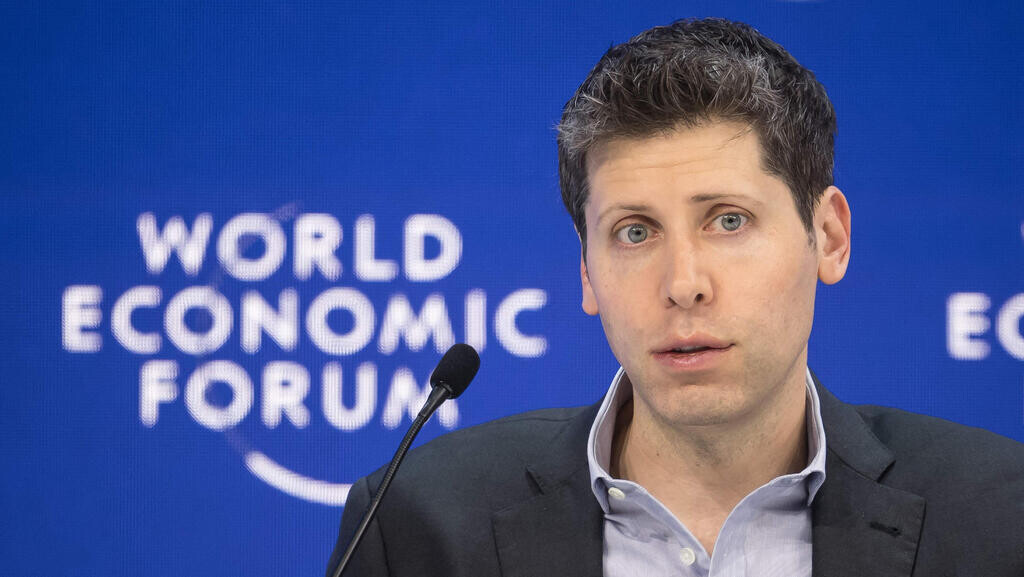
What was once dismissed as a flights of fancy has rapidly materialized into one of the most significant industrial projects of the 21st century. Sam Altman, CEO of OpenAI, is relentlessly moving toward realizing his astonishing "$7 Trillion Project" to build the world's most extensive AI infrastructure—an ecosystem encompassing advanced semiconductors, vast power generation, and a global network of data centers.
Just a year ago, Altman's initial estimate of $5 to $7 trillion needed to underpin the AI era drew widespread industry skepticism. This figure surpassed the combined market capitalization of giants like Apple and Microsoft at the time. Yet, in recent months, a flurry of massive, multi-billion-dollar deals with tech leaders like Nvidia, AMD, Broadcom, Oracle, and SoftBank has started to concretize the magnitude of his vision.
The Silicon Foundation: Building a Custom AI Ecosystem
Central to OpenAI’s strategy is the secured supply of immense computational power. On October 13, OpenAI and Broadcom announced a landmark agreement to jointly design and manufacture custom AI accelerators. These chips, specialized for inference purposes—the process by which AI models respond to user queries—will be deployed across OpenAI’s data centers and partner facilities starting in the second half of next year.
While the exact contract value remains undisclosed, industry estimates suggest the deal, covering a 10-gigawatt (GW) computing capacity, could be worth approximately $500 billion, given the high costs associated with 1GW data center construction. Manufacturing of these inference-optimized chips is set to be handled by the Taiwanese chip giant, TSMC, with Altman reportedly meeting with their executives to secure future production volume. Altman described the Broadcom partnership as a "key infrastructure construction step to realize AI potential."
This custom-chip strategy is part of a larger, aggressive move to secure computing capacity. In September, OpenAI reached an agreement with Nvidia for up to $100 billion in investment and the provision of 10GW of AI compute infrastructure. This was swiftly followed by a contract with rival AMD for the supply of 6GW of its advanced Instinct GPUs, along with a warrant agreement granting OpenAI the option to purchase a 10% stake in the chip designer for a nominal sum.
Combined, the agreements with Broadcom, Nvidia, and AMD already commit OpenAI to a colossal 26 GW of computing capacity. Analysts estimate the required data center construction alone for this scale could near $1 trillion.
Stargate: A Global Infrastructure Play
The hardware acquisition forms the backbone of the "Stargate" project, an audacious, multi-year plan launched with Oracle and SoftBank to build large-scale AI infrastructure. Initially focused on a $500 billion investment over four years in the United States—including sprawling new data centers in Texas, New Mexico, and the Midwest—Stargate has quickly gone global.
Altman has strategically marketed a concept of "Sovereign AI," partnering with local governments and enterprises keen to host their own AI compute capabilities. This approach minimizes OpenAI’s direct capital outlay, leveraging partner and government funds to expand the global footprint.
International projects are rapidly taking shape:
The Middle East: A plan to build a 5GW data center cluster, equivalent to five nuclear power plants, in Abu Dhabi, UAE, positioning the region as a major AI compute hub.
Europe: The launch of the first European Stargate project in Norway in July, followed by the "Stargate UK" project with UK-based Enscale in September.
Asia: In September, OpenAI signed a DRAM supply agreement with South Korea’s Samsung and SK Group, which includes plans to construct data centers in Pohang and Jeonnam.
With a $300 billion computing supply contract with Oracle and a $22.4 billion agreement with CoreWeave, OpenAI's total committed AI infrastructure procurement approaches $1 trillion.
The New Hyperscaler Race
Altman's all-in commitment to infrastructure is driven by an ambition to transform the startup into a "hyperscaler"—a term previously reserved for Big Tech companies like Amazon, Microsoft, and Google that operate vast data center networks.
The global AI infrastructure investment spree is not limited to OpenAI. When adding the anticipated $3 trillion in AI infrastructure investment from the "Big Four"—Amazon, Microsoft, Google, and Meta—by 2028, the total global investment rapidly nears Altman’s projected $7 trillion figure.
This investment boom is having a cascading effect on the semiconductor supply chain, boosting the market value of chipmakers like Nvidia, contract manufacturers like TSMC, and memory giants in Korea who produce high-bandwidth memory (HBM).
As one AI industry observer noted, "For a startup like OpenAI to compete with Google, it needs colossal AI data center infrastructure. Since it can't build this overnight, it is leveraging investment and partnerships to build the ecosystem."
Altman's once-ridiculed $7 trillion vision is thus proving to be a catalyst for a global industrial re-alignment, fundamentally shifting the balance of power and accelerating the world into the age of super-scale AI.
[Copyright (c) Global Economic Times. All Rights Reserved.]




























